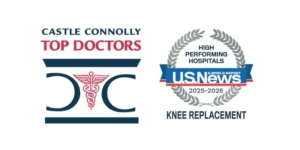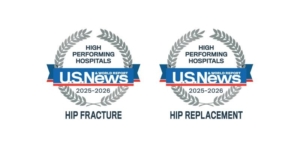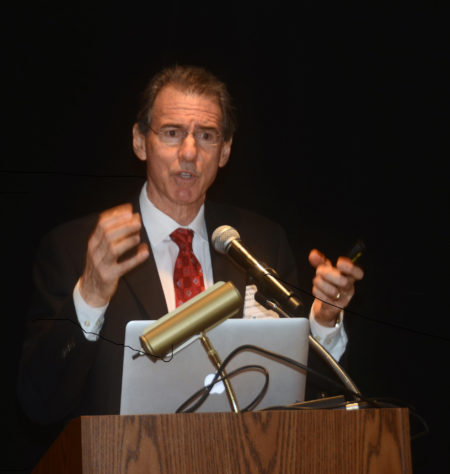
Dr. Leone Led Hip Section at the Second Annual Winter Orthopedic Symposium
Holy Cross Hospital’s Orthopedic Institute in conjunction with Massachusetts General Hospital recently hosted the Second Annual Winter Orthopedic Symposium in Fort Lauderdale, Florida. The two-day, nationally attended educational symposium included presentations on the latest advances in adult knee and hip arthroplasty, shoulder arthroplasty, joint preservation, advanced recovery and pain protocols.

Use of a Subcuticular Suture to Close Hip and Knee Incisions and Instructions for Suture Removal
/
1 Comment
Many patients ask me questions about where I will place the incision and how it will be closed. While there are a variety of methods which surgeons commonly use, including sutures (also called stitches), staples and even glue, I choose to close with a single subcuticular (or intradermal) non-absorbable suture.
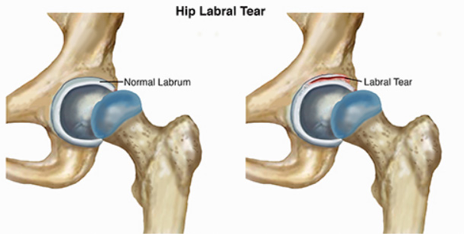
An Updated Look at the Effectiveness of Hip Arthroscopy: Who is a good candidate?
Arthroscopy is a surgical technique that has revolutionized how some complex problems that develop in certain joints are treated, including the hip, knee, shoulder, ankle, elbow and wrist.
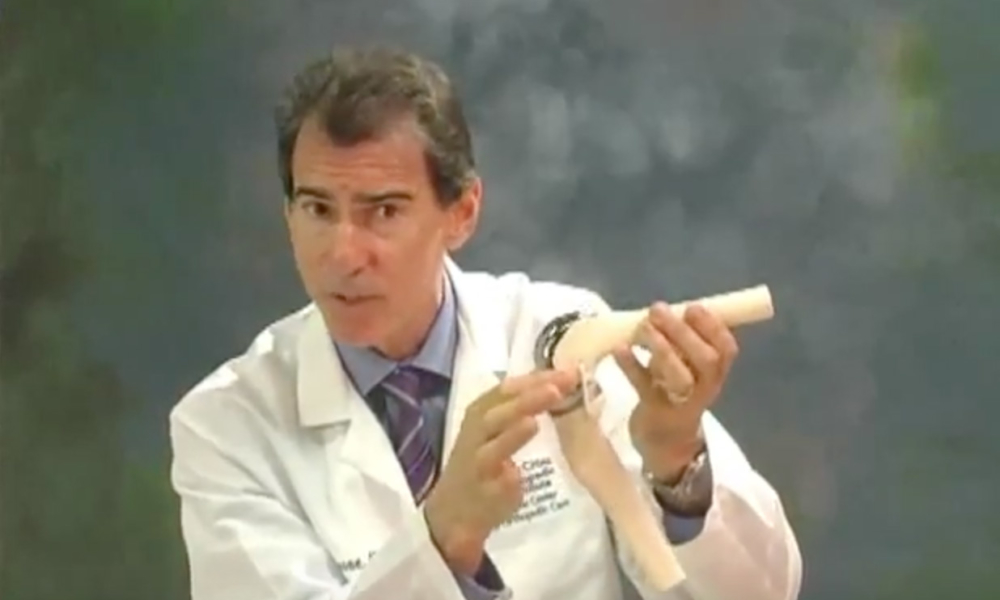
Correcting TKR Post-Surgical Complications and Unsatisfactory Results
In my previous blog post, I shared that one out of five people (approximately 20 percent) who undergo Total Knee Replacement (TKR) are not satisfied with the result. I discussed the methods we use to understand the exact cause/causes of unsatisfactory outcomes, in order to improve these results.
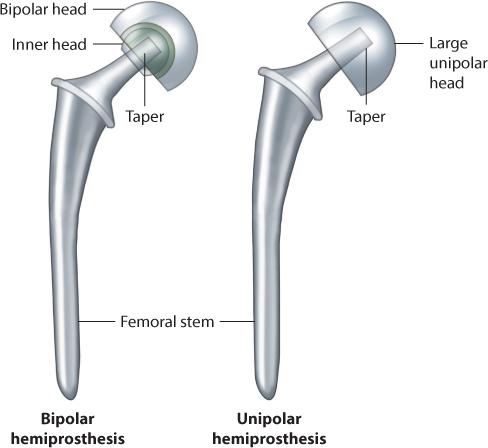
Why Partial Hip Replacements Fail and Determining when It’s Time to Covert to a Total Hip Replacement
In a previous blog, I discussed in detail the difference between partial and total hip replacements. Basically, a partial hip replacement (hemiarthroplasty) is performed to treat femoral neck fractures which are a type of hip fracture.
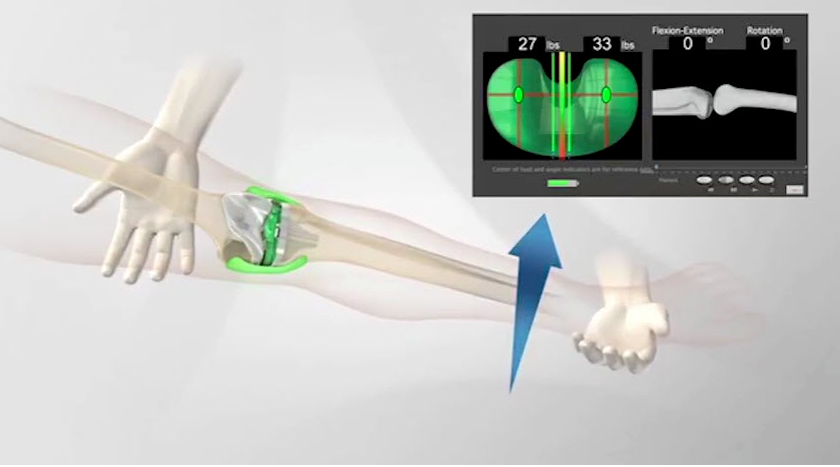
Using Kinematic Sensor Technology for Revision Total Knee Replacement (TKR)
Occasionally, even when a TKR “looks good on paper,” more surgery is required to correct and improve the existing outcome. If TKR revision truly is necessary, then the specific reason for the failure must be understood fully before it can be corrected.
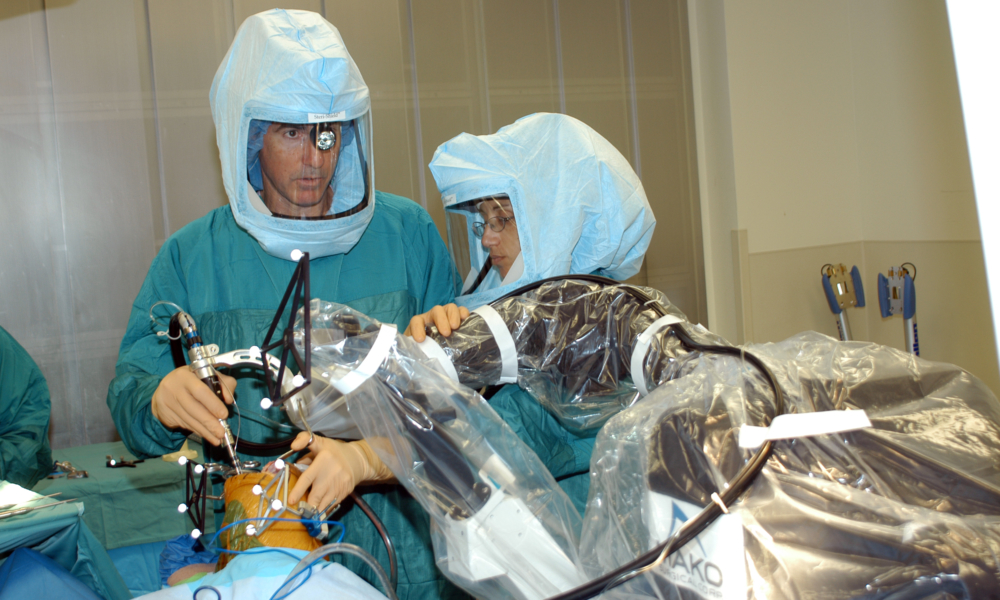
Two Computer Systems Improve Total Knee Replacement Surgery
New techniques and technologies have been developed, which include use of sophisticated computers and pressure sensors. These tools have vastly improved the consistency of achieving surgical goals by allowing us to recognize and correct subtleties in balancing the soft tissue sleeve and then optimize limb alignment.
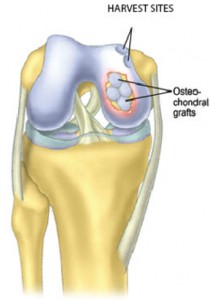
Leading Edge Strategies to Regenerate Hyaline Cartilage
My final blog in this series on biologic strategies for repairing joint damage focuses on leading edge treatments designed to stimulate the regeneration of new hyaline cartilage: Osteochondral Autograft Transplantation (OATS or Mosaicplasty), Osteochondral Allograft Transplantation, Autologous Chondrocyte Implantation (ACI) and Stem Cell and Tissue engineering.
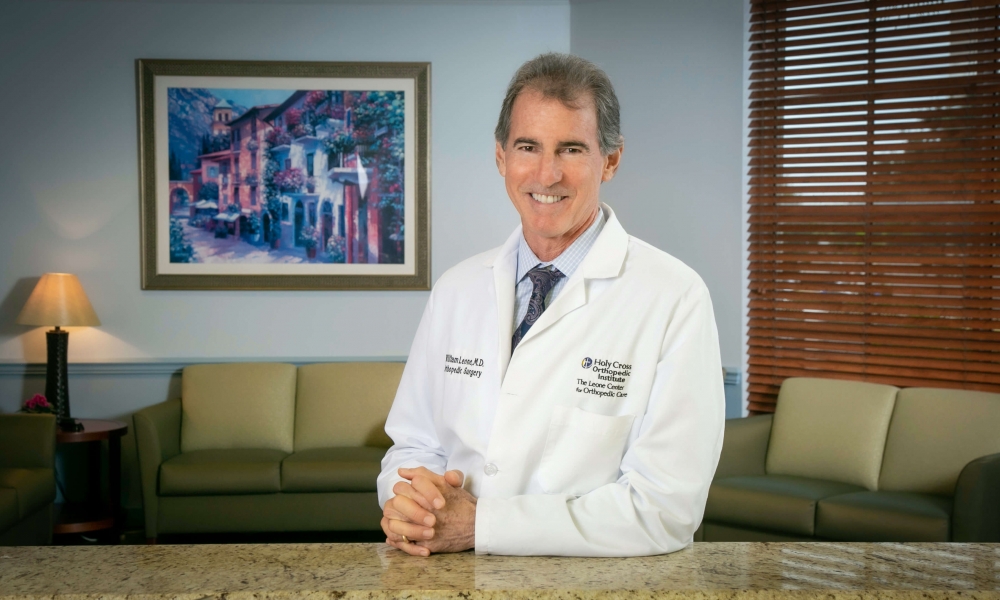
Platelet Rich Plasma (PRP): A Biologic Solution – “Heal Thy Self”
When the arthritic process becomes so advanced in hip or knee joints that less-invasive and more conservative treatment options no longer are effective, surgery becomes necessary.
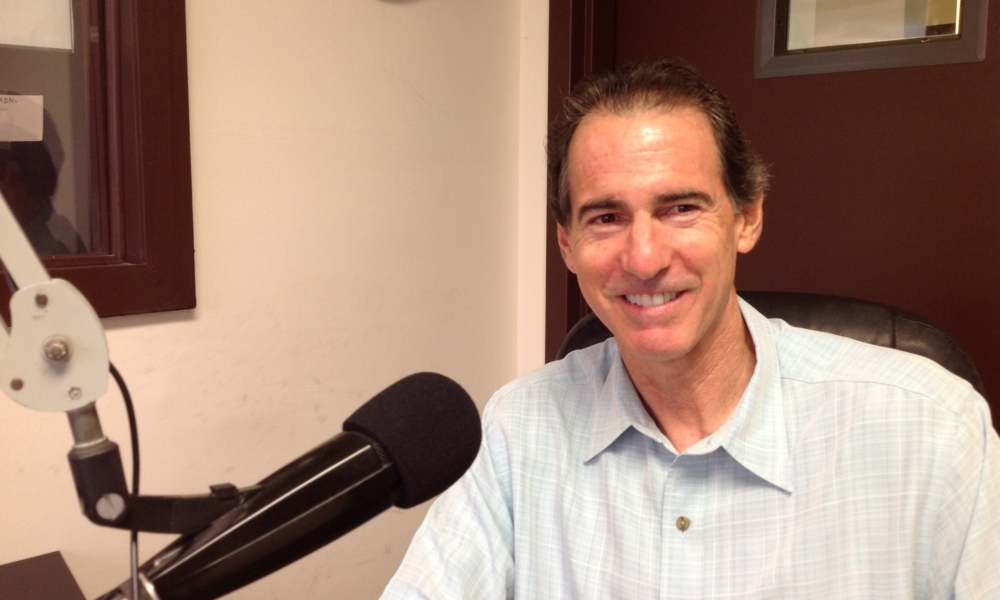
Radio Interview: Dr. Leone discusses how he finds solutions to complex hip and knee problems.
Anita Finley, Boomer Times recently hosted Dr. William Leone…
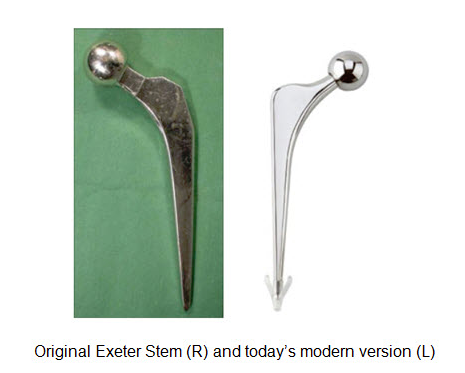
The Exeter Hip Stem – Still the Gold Standard in the Industry
The Exeter Hip Stem is thought by many to be the “industry gold standard” prosthetic stem for hip replacement. I have been implanting the Exeter Hip Stem in my patients since 1996 and the results continue to remain among the best in my practice.
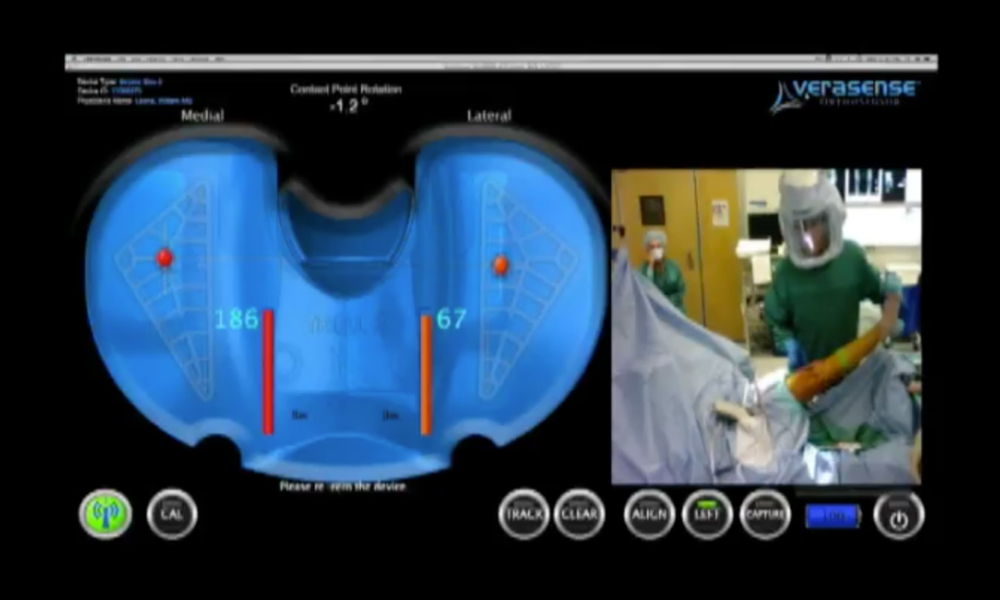
The Verasense Knee System
Traditionally during total knee replacement (TKR), surgeons have had to balance the prosthetic knee by feeling the tension in the ligaments throughout the range of motion.

